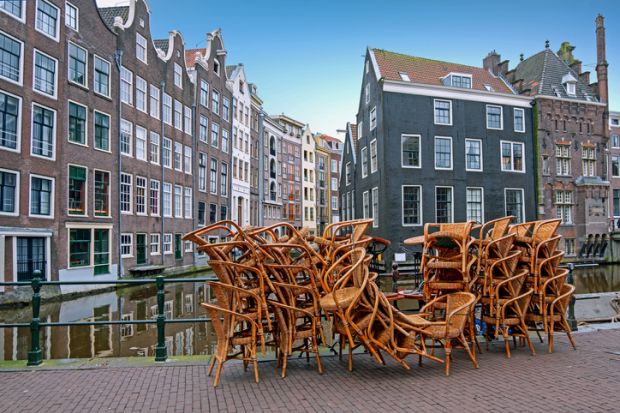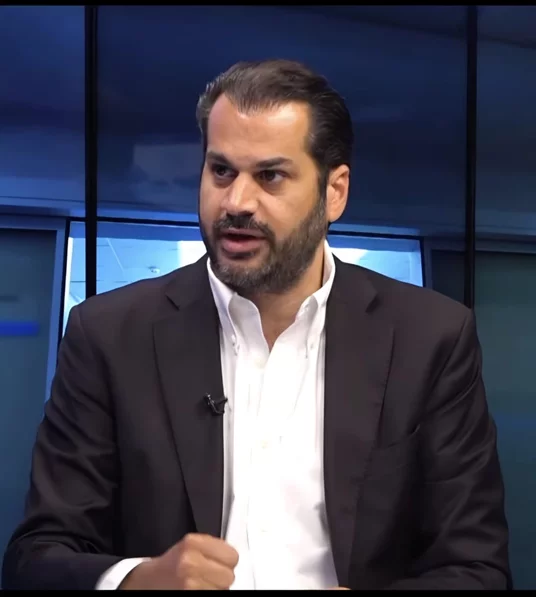A three-week partial lockdown is being introduced in the Netherlands from Saturday evening as coronavirus cases soar.
Bars and restaurants will close early and sporting events will be held without audiences in a bid to halt the spread. Schools, theatres and cinemas will remain open.
Coronavirus infections are once again sweeping across parts of western Europe, nearly two years into a global health crisis that has killed more than five million people. Restrictions could be introduced in Germany , and Austria is set to place millions of people not fully vaccinated in lockdown
Dutch broadcaster NOS said the first such measures in Western Europe since the summer will go into effect tomorrow.
Caretaker Prime Minister Mark Rutte's cabinet will take a final decision during a cabinet meeting on Friday, and will announce the new measures during a televised news conference scheduled for 6pm.
A World Health Organisation (WHO) official said coronavirus deaths rose by 10% in Europe in the past week, and declared that the continent was "back at the epicentre of the pandemic".
Much of that is being driven by outbreaks in Russia and eastern Europe, but Germany and the UK are seeing high new case numbers. Even in countries with high vaccination rates, large numbers remain unvaccinated.
While nations in western Europe all have vaccination rates over 60% - and some like Portugal and Spain are much higher - that still leaves a significant portion of their populations without protection, and lockdowns are largely a thing of the past.
Dr Bharat Pankhania, senior clinical lecturer at Exeter University College of Medicine and Health, says that the large number of unvaccinated people combined with a widespread post-lockdown resumption of socialising and a slight decline in immunity for people who got their jabs months ago is driving up the pace of infections.








.webp)










.webp)





